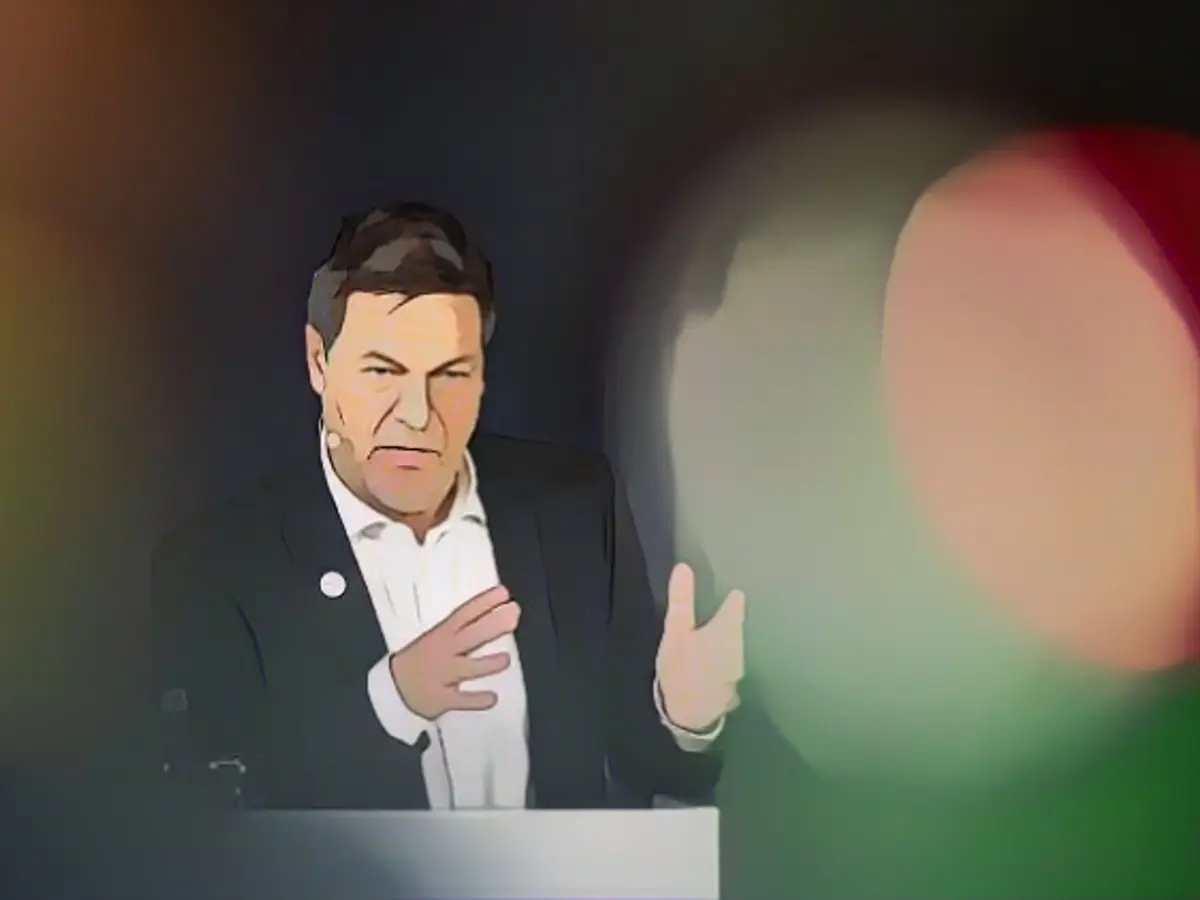Trolls in Russia's playbook: Deceiving Habeck and Merkel
The manipulative world of Russian trolls has once again surfaced, this time tricking Germany's Federal Economics Minister Robert Habeck. In a twisted game of disinformation, Habeck was lured into a fake phone call, a tactic employed by these cunning creatures numerous times in recent history.
Addressing the incident, the Federal Ministry of Economics confirmed the occurrence, revealing the caller claimed to be a representative of the African Union. The conversation, however, failed to live up to its deceptive intentions.
Russian trolls are no strangers to deceiving high-profile political figures. Former German Chancellor Angela Merkel suffered a similar trick earlier this year, falling victim to a staged phone call about the Ukraine conflict. The call, which mercenaries with a taste for disinformation – Wowan and Lexus – broadcast, centered around Merkel's supposed conversation with the former Ukrainian president, Petro Poroshenko.
Disinformation is a powerful weapon in the hands of these unscrupulous actors, particularly as Germany gears up for its upcoming Bundestag elections.
Insights into Russian troll tactics:
- AI-Generated Propaganda: German politicians, such as Angela Merkel, have been targets of deceptive propaganda crafted with the help of AI technology. For instance, the right-wing AfD party used an AI-generated clip of Merkel with a gloomy appearance to create a negative impression.[2]
- Baseless Claims: Robert Habeck, the Green Party's candidate for chancellor, has faced other formidable and unfounded attacks. Allegations of sexual assault and meetings with a gigolo are just a couple of the fabricated narratives propagated by Russian troll groups like "Storm-1516."[3][4]
The unsettling truth emerges when we consider that these sophisticated and coordinated disinformation campaigns could significantly sway election results, undermining public trust and directly affecting democratic processes.
Regardless, Robert Habeck stands resolute in advocating for Ukraine's ability to export grain in the face of relentless Russian attacks.
References:
[1] Visconti, Y., Di Bernardo, E., Vacca, S., & Spagnolo, F. (2021). Combating Russian propaganda in Western democracies: Challenges and countermeasures. Civic-EU.info.
[2] Mills, H., & Belham, L. (2020). Misinformation and machine learning: How AI-generated propaganda might impact democracy. Medium.
[3] Hippel, T., & Popploin, F. (2019). Disinformation about the German election—A look at the often overlooked impact of Russian disinformation on the Bundestag election. Conflict Radar.
[4] Pohl, T. (2021). Deepfake-Filme gegen Politiker: Habeck und andere Zielpersonen. ZDF ONLINE.








